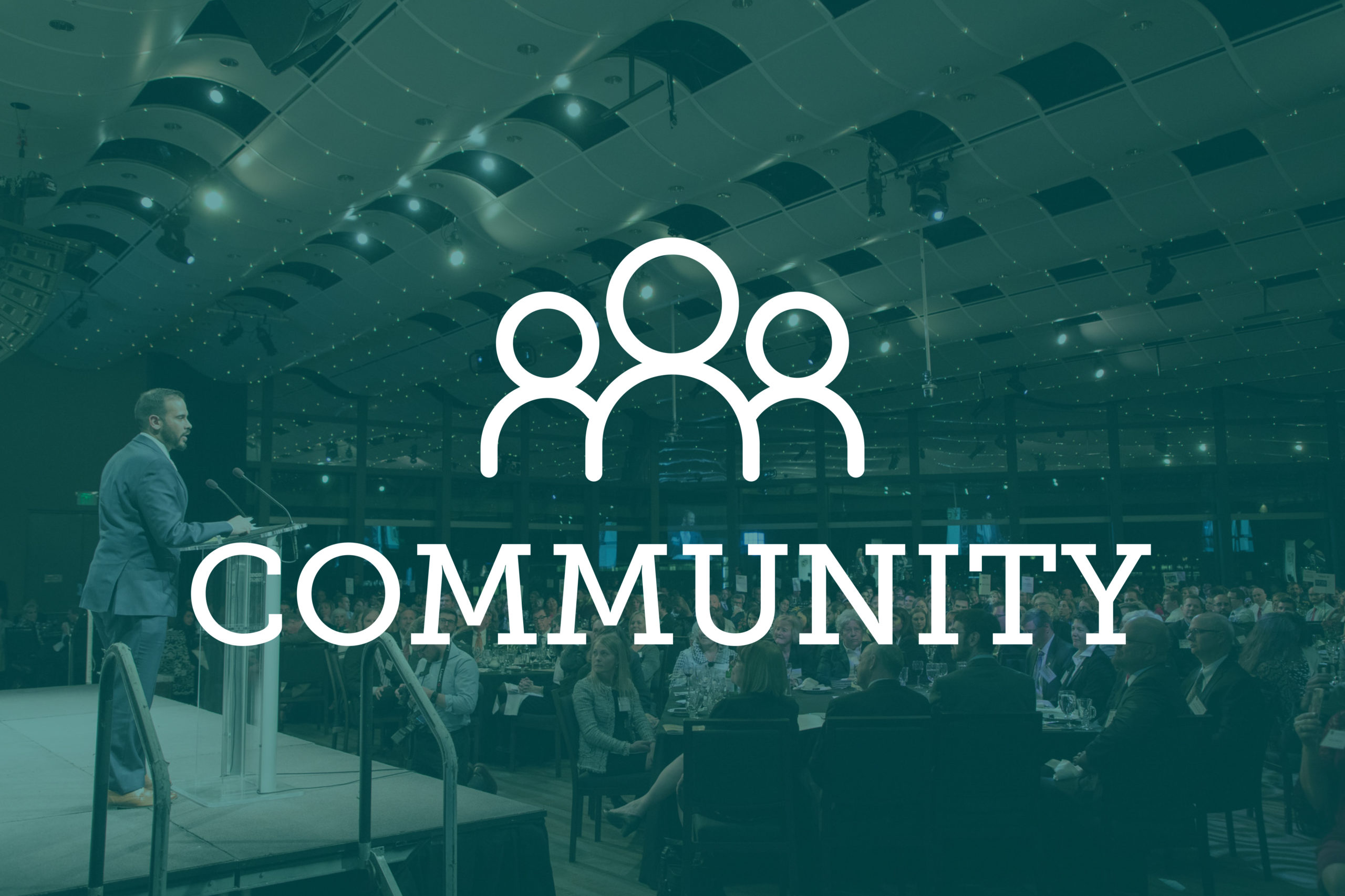

For part of its Colorado Law Talks lecture series, University of Coloro Law School hosted a session Wednesday evening titled “Reviving America’s Human Rights Movement.” Denver County Court Judge Gary Jackson delivered opening remarks before the event’s keynote speaker, University of Colorado Law School associate professor Anna Spain Bradley, took the podium. Each spoke about the U.S.’s history of oppression, and Bradley delivered a message about the current state of human rights in light of current events such as the possibility of a citizenship question on the 2020 census and separation of undocumented immigrant children from their parents: The need to push hard for equal rights is as strong now as ever.
“Everybody wants freedom, and the fight for freedom never ends,” she said. “So where do we go from here?”
Jackson spoke about his family’s historical experiences being black in the U.S., stretching from his great-grandparents’ migration to Colorado from the South to his own involvement in the Civil Rights Movement. He was spurred by events such as the assassination of President John F. Kennedy and the 16th Street Baptist Church bombing in Birmingham, Alabama. Inspired by a college roommate’s father, he changed his major from engineering to political science and after law school, joined the Denver District Attorney’s Office. Jackson also co-founded the Sam Cary Bar Association.
He showed a picture of himself around the time of his law school graduation in the early 1970s when he wore an Afro hairdo.
“If a picture is worth a thousand words, I think that this picture basically informs you of what my mindset was,” he said. “The Afro hairdo was a symbol of my activism.” He said he has continued efforts to make sure attorneys of color in Colorado have equal access to opportunities.
Bradley spoke about the historical context that has set the stage for the waves of civil rights movements in the 20th and 21st centuries, from three centuries of slavery to milestone events such as the U.S. Supreme Court’s 1967 landmark decision in Loving v. Virginia, which struck down laws against interracial marriage.
She said manifestations of nationhood, such as that evident in the U.S.’s response to the September 11 attacks resulting in widespread Islamophobia, can run contrary to upholding declarations of human rights.
“Islamophobia started palpably after 9/11, when the call for national security and the narrative around it was also a call against an entire group of people on the basis of their religion,” Bradley said. “That kind of narrative violates every idea behind declaration of human rights.” She added the narrative didn’t necessarily help keep the U.S. any more safe and nationhood requires adopting an identity that supersedes any other identity a person might have.
“We the people of the United States of America, in order to form a more perfect union, must change the narrative. Take control of the identity narrative.” Bradley said typical ways of categorizing people by characteristics such as race, gender and national origin can’t adequately account for complexities in people’s identities.
Despite a grim picture of the current state of human rights, Bradley closed her speech with an audio clip of Louis Armstrong speaking about a worldview enshrined in his 1967 single, “What a Wonderful World.”
“Well how about listening to old Pops for a minute. Seems to me, it ain’t the world that’s so bad but what we’re doin’ to it,” begins the song. “And all I’m saying is, see, what a wonderful world it would be if only we’d give it a chance. … If lots more of us loved each other, we’d solve lots more problems. And then this world would be better.”
— Julia Cardi

